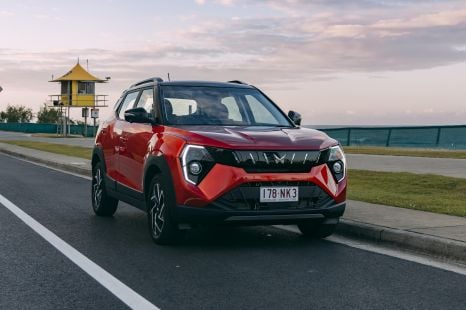

Damion Smy
6 Days Ago
The next step in Stellantis' exploration of solid-state batteries is to put them in a fleet of Dodge Charger Daytonas.

News Editor
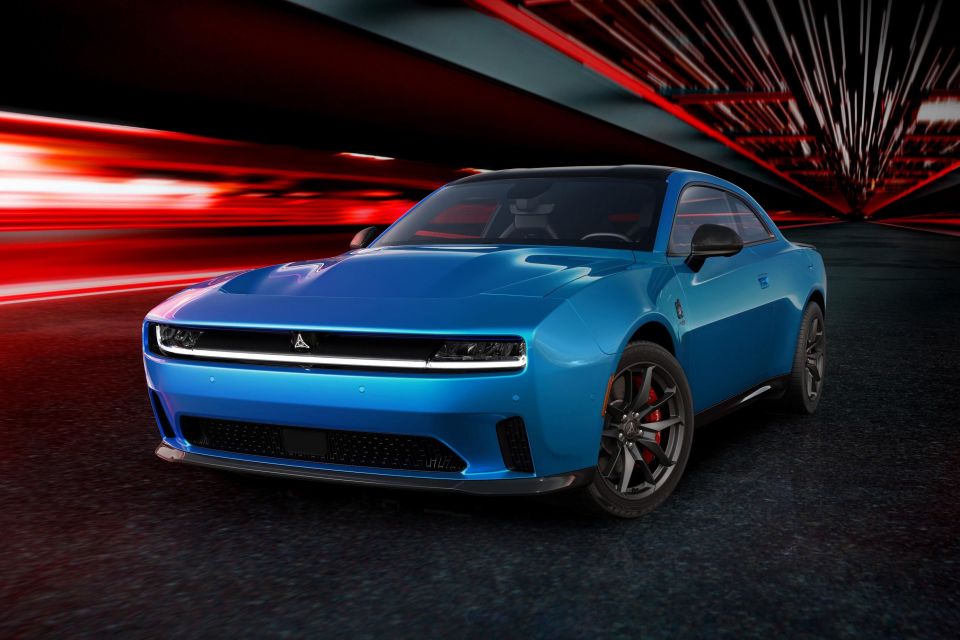

News Editor
The electric Dodge Charger Daytona is set to be fitted with solid-state batteries, said to boast superior range and safety credentials.
Dodge’s parent company Stellantis signed an agreement with US-based Factorial Energy back in 2021 to develop solid-state batteries for its vehicles, investing US$75 million (~$113 million).
Now, it says it’ll install Factorial’s solid-state batteries into a “demonstration fleet” of Charger Daytonas that’ll hit the road by 2026.
It has stopped short, however, of confirming when vehicles equipped with these batteries will appear in showrooms.
100s of new car deals are available through CarExpert right now. Get the experts on your side and score a great deal. Browse now.

Factorial says its proprietary FEST solid-state battery technology enables energy density of over 390Wh/kg.
In addition to offering superior energy density over lithium-ion batteries, solid-state batteries are claimed to be lighter and better-performing.
Stellantis also says they offer the “potential for further reduction in total vehicle cost over time”.
“This demonstration fleet is an important milestone in our partnership with Factorial,” said Stellantis chief engineering and technology officer Ned Curic.

“By integrating Factorial’s innovative battery solution into the STLA Large platform, we are validating its potential to enhance our electric vehicle lineup, ensuring customers benefit from improved performance, longer driving ranges and faster charging times in the coming years.”
Factorial is a US startup specialising in solid-state battery technology, and has previously established joint development agreements with Hyundai, Kia and Mercedes-Benz.
Neither company has touted a claimed range for Charger Daytona models equipped with solid-state batteries.
The standard Charger Daytona features a 100.5kWh lithium-ion battery.
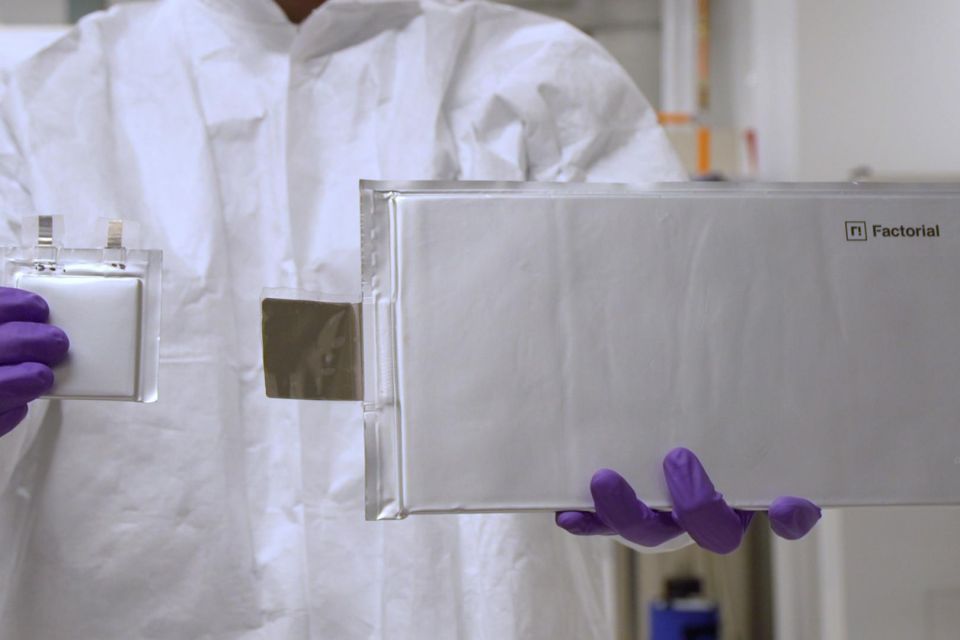
Under the stricter US Environmental Protection Agency (EPA) testing regime, the Charger Daytona R/T is said to have a driving range of 510km, while the Scat Pack makes do with 418km.
Stellantis is far from alone in investing in solid-state battery technology.
In addition to Hyundai, Kia and Mercedes-Benz’s agreements with Factorial, there are a raft of other car companies that are looking to roll out the technology.
These include Toyota, Volkswagen, BMW, Honda, Nissan, Chery and MG parent SAIC Motor.
MORE: Dodge Charger Daytona: Electric muscle car debuts, sedan and six-cylinder due 2025 MORE: Jeep, Maserati parent working on new petrol, hybrid and electric large cars MORE: Solid-state batteries: What are they?
William Stopford is an automotive journalist based in Brisbane, Australia. William is a Business/Journalism graduate from the Queensland University of Technology who loves to travel, briefly lived in the US, and has a particular interest in the American car industry.


Damion Smy
6 Days Ago
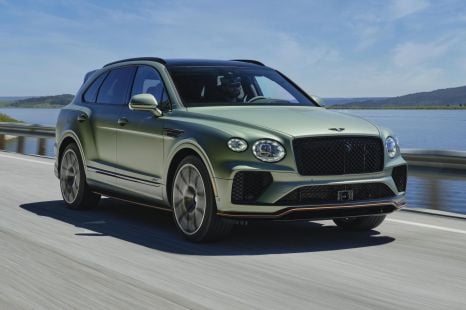

Paul Maric
5 Days Ago
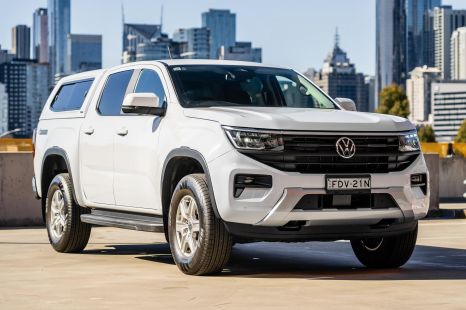

Max Davies
4 Days Ago
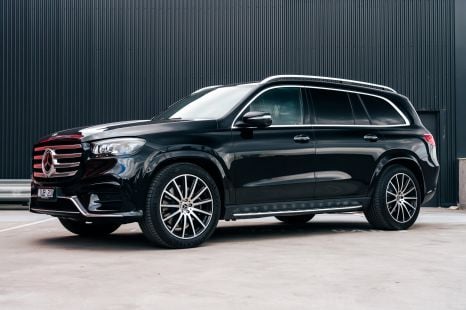

James Wong
3 Days Ago


Matt Campbell
2 Days Ago
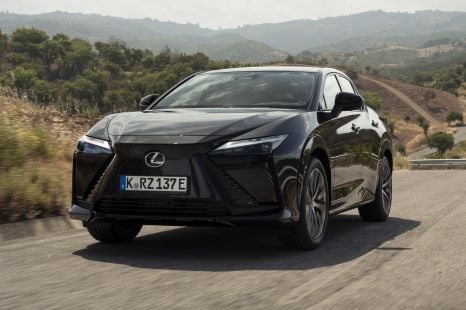

Matt Robinson
24 Hours Ago